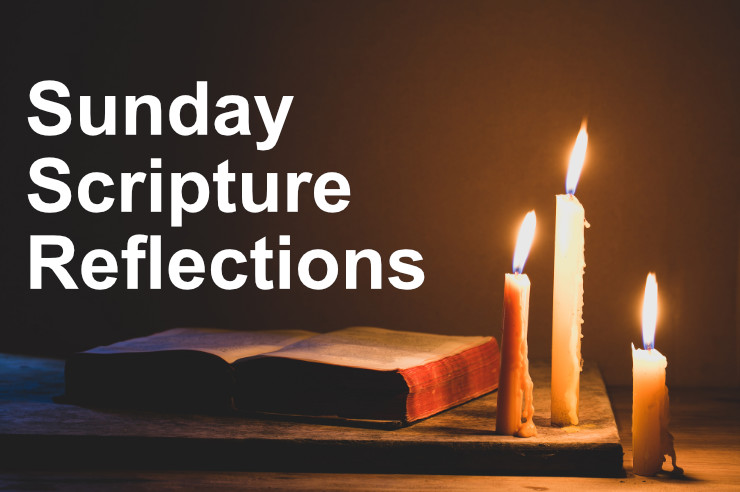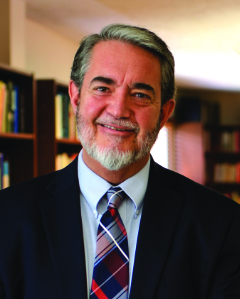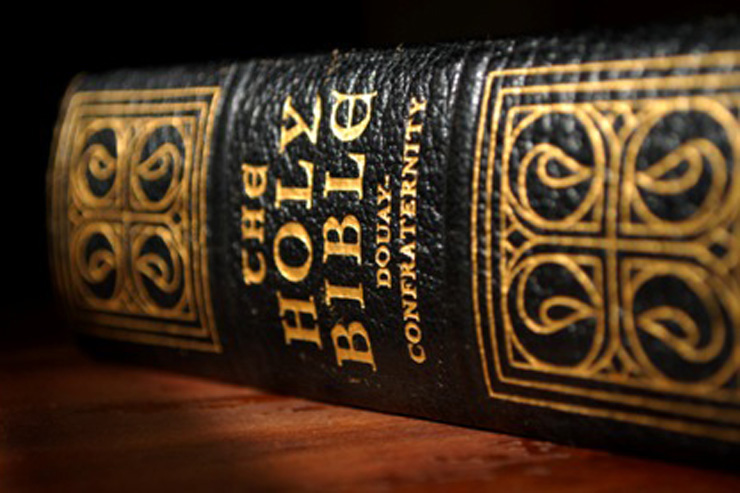“Prophecies, Paul tells us in today’s Epistle, are partial and pass away “when the perfect comes.” In Jesus, the word of the prophets has been brought to perfection, fulfilled in those who have ears to hear, as He declares in today’s Gospel.”
Dr, Scott Hahn reflects on the Mass Readings for the Fourth Sunday in Ordinary Time (Year C).
Jeremiah 1:4–5, 17–19
Psalm 71:1–6, 15–17
1 Corinthians 12:31–13:13
Luke 4:21–30
God’s words in today’s First Reading point us beyond Jeremiah to Jesus. Like Jeremiah, Jesus was consecrated in the womb and sent as a “prophet to the nations” (see Luke 1:31–33).
Like the prophets before Him, Jesus too faces hostility. In today’s Gospel, the crowd in His hometown synagogue quickly turns on Him, apparently demanding a sign, some proof of divine origins—that He’s more than just “the son of Joseph.”
The sign He gives them is that of the prophets Elijah and Elisha. From their colorful careers Jesus draws two stories. In each, the prophets bypass “many . . . in Israel” to bestow God’s blessings on non-Israelites who had faith that the prophets were men of God (see 1 Kings 17:1–16; 2 Kings 5:1–14). “None . . . not one” in Israel was found deserving, Jesus emphasizes.
His point isn’t lost on His audience. They know He’s likening them to the “many . . . in Israel” in the days of the prophets. That’s why they try to shove Him off the cliff. As He promised to protect Jeremiah, the Lord delivers Jesus from those who would crush Him.
And as were Elijah and Elisha, Jesus is sent to proclaim God’s gift of salvation—not exclusively to one nation or people, but to all who realize in faith that from the womb God alone is their hope, their rescuer, their “rock of refuge,” as we sing in today’s Psalm.
Prophecies, Paul tells us in today’s Epistle, are partial and pass away “when the perfect comes.” In Jesus, the word of the prophets has been brought to perfection, fulfilled in those who have ears to hear, as He declares in today’s Gospel.
Greater than the gifts of faith and hope, Jesus shows us how to love as He loved—to love God as our Father, as the one who formed us in the womb and destined us to hear His saving Word.
This is the salvation, the “mighty works of the Lord,” that we, like the psalmist, are thankful to proclaim daily in the Eucharist.
This reflection appears here with the kind permission of the author. Visit Dr. Hahn’s website at the St. Paul Center for Biblical Theology.
The Road to Emmaus — Podcasts from Dr. Scott Hahn
Dr. Scott Hahn presents the deeply biblical roots of Catholic teaching and practice in The Rode to Emmaus. Discover how Sacred Scripture forms and informs our notions of morality and spirituality, liturgy and the sacraments, and so much more.
Subscribe to The Road to Emmaus at Apple Podcasts, Spotify, Stitcher, or wherever you listen to podcasts.













